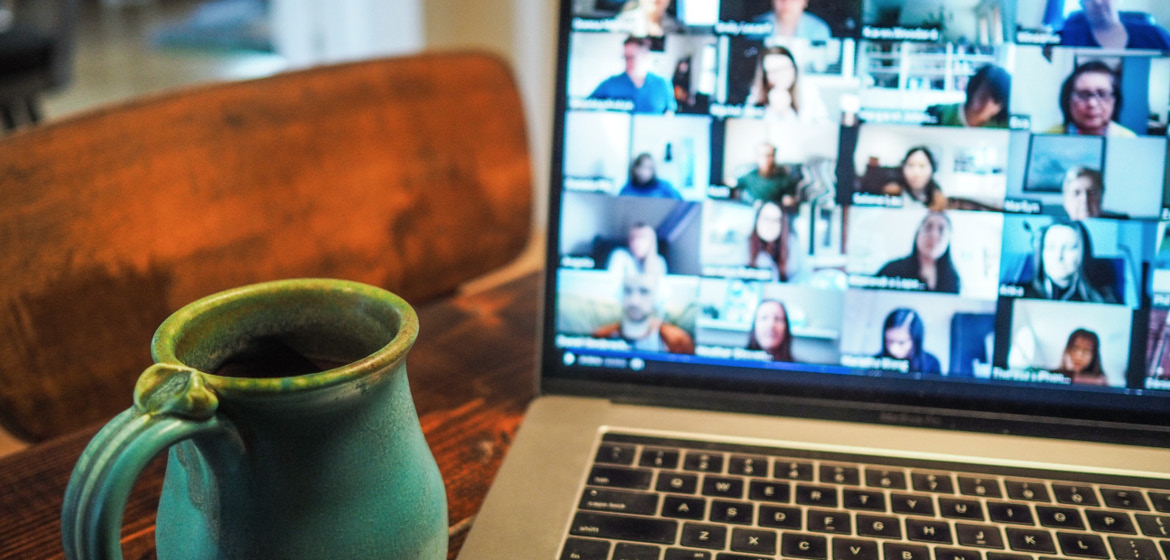Residential College in the Arts and Humanities Sustainability in Costa Rica

You may have read about the study abroad program in the Residential College of the Arts and Humanities (RCAH) that focuses on sustainability in Costa Rica in our 2018-19 Index Report. Since then, the pandemic has necessitated many changes to the program. How do students continue to collaborate with community partners across the globe when they cannot travel themselves?
RCAH Professor Vincent Delgado, MSU students, and partners and educators from around the world—six countries on three continents—sought to collaborate to discuss ways of continuing community engagement in a remote setting.
As part of a course dubbed “How Can we Connect?”, RCAH students participated in virtual conversations with partners in Costa Rica, Ghana, Mali, Nigeria, and Togo to research the ways that community engagement can continue to happen in a virtual space.
The students and Delgado found that the virtual, remote methods of communication provided a space for engagement that was just as deep as in-person. In fact, the virtual space required all participants to be more involved, intertwining classroom and community in new ways.
“These technologies require us to engage more deeply and more equitably,” Delgado said. “Everyone teaches, everyone learns.”
These channels made it possible for another course led by Delgado, on community-engaged design, to collaborate with partners in Costa Rica in their efforts on climate education, water preservation, and public safety. Students from RCAH worked with students in the College of Engineering to design many things to promote safety and sustainability that are now being implemented at sites in Costa Rica.
Students in both courses have continued to stay in touch with the partners that they worked with to form ongoing global relationships.
“People are really supporting each other across these channels,” Delgado said.
The pandemic has been hard on Costa Rica, where the economy is largely dependent on tourism. Nonetheless, the collaboration between MSU faculty and students with community partners in the country has preserved and even evolved to show that more things are possible.
“There’s a new era of community engagement about to happen,” Delgado said.
2020 has made it clear that MSU students and faculty will find ways to persist in community engagement even in the most difficult of circumstances.


